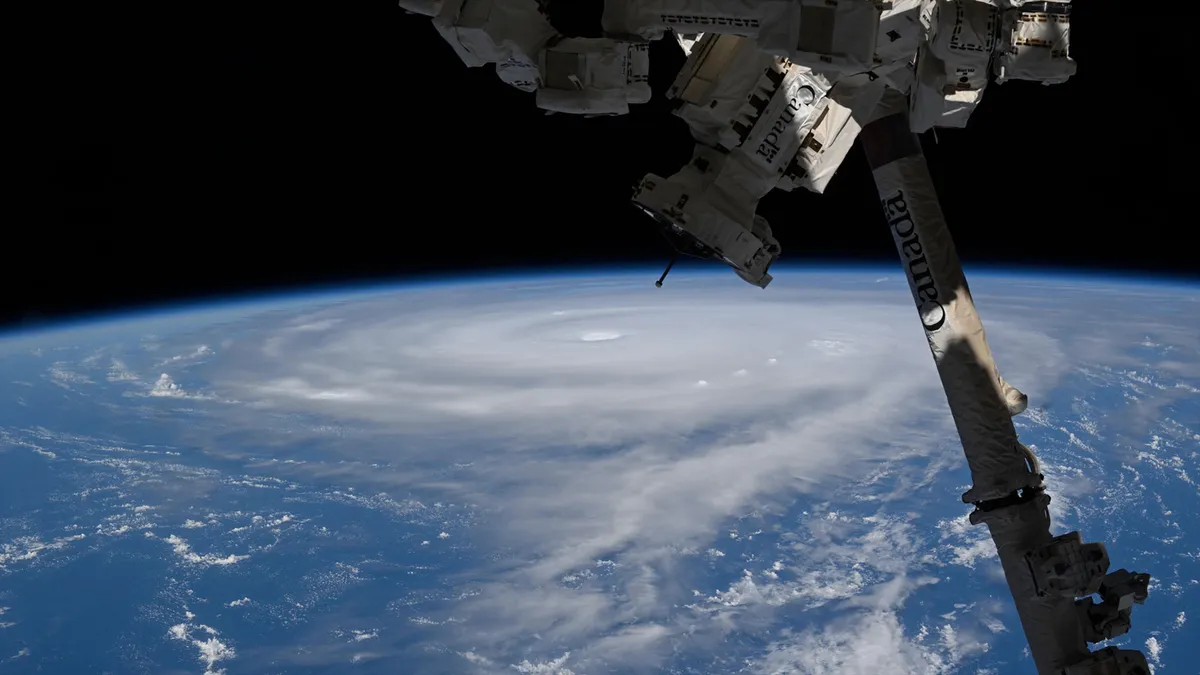
On Monday, September 22, NASA officially named its next class of astronaut candidates during a significant ceremony held at the Johnson Space Center in Houston. This event marks a pivotal moment for the space agency as it welcomes Group 24 into the Astronaut Corps. Members of the Expedition 73 crew shared their excitement by sending a recorded message to the new trainees and even posted a photo of themselves watching the introduction unfold.
In a heartfelt message, NASA astronaut Jonny Kim congratulated the new candidates, stating, "Congratulations and welcome to the Astronaut Corps!" The new astronauts, often referred to as "ascans," will undergo rigorous training for approximately two years before becoming eligible for flight assignments.
This week, the Expedition 73 crew conducted several important scientific experiments aboard the International Space Station (ISS). Among the notable studies was the Voyager DNA Decryption project, where Jonny Kim sequenced DNA samples to explore the feasibility of using polymers for secure data storage and transmission in space. The outcomes of this research could revolutionize long-duration missions by replacing cumbersome data storage methods.
Another fascinating investigation titled VIRTUAL focused on understanding the vestibular functions of crew members during extended missions in microgravity. Cosmonaut Oleg Platonov participated by wearing virtual reality glasses and responding to computer-generated visual stimuli while his eye movements and physiological reactions were meticulously recorded.
Additionally, the SPLANKH study involved Roscosmos cosmonauts Sergey Ryzhikov and Alexey Zubritsky, who utilized an ultrasound device to scan each other's bellies after breakfast on September 26. This experiment aimed to gather valuable data on digestion, metabolism, and nutrient delivery in the unique microgravity environment of space.
In addition to their scientific endeavors, the Expedition 73 crew was actively engaged in maintaining the ISS systems and preparing for future research initiatives. On September 26, astronauts Mike Fincke and Kimiya Yui continued to unload new scientific equipment and supplies delivered by the NG-23 Cygnus cargo vehicle, the S.S. William C. "Willie" McCool.
Moreover, Mike Fincke installed a cubesat on the NanoRacks external platform, which is set to be deployed outside the space station soon. Another important task was the Dragon reboost, where a SpaceX Dragon cargo spacecraft fired its thrusters for 15 minutes to adjust the ISS's orbit. This maneuver followed an earlier attempt that had to be aborted due to an unexpected issue with the fuel tanks.
On September 25, Jonny Kim, a flight engineer with Expedition 73, engaged in a meaningful discussion with Yoon Youngbin, the leader of the Korea Aerospace Administration (KASA). Kim expressed his admiration for Korea's advancements in space exploration, stating, "There is so much to learn about space, and I am very inspired by what Korea is doing to push forward that envelope." This 20-minute conversation highlighted the importance of international collaboration in space exploration.
As of September 26, the International Space Station is home to seven crew members, including Expedition 73 commander Sergey Ryzhikov and fellow cosmonauts Alexey Zubritsky and Oleg Platonov from Roscosmos, as well as Jonny Kim, Zena Cardman, and Mike Fincke from NASA, along with Kimiya Yui of JAXA. The station is currently hosting two docked crew spacecraft: SpaceX's Dragon Endeavour and Roscosmos' Soyuz MS-27.
Additionally, there are four docked cargo spacecraft: Roscosmos' Progress MS-31 and Progress M-32, SpaceX's CRS-33 Dragon, and Northrop Grumman's NG-23 Cygnus. These spacecraft play a crucial role in supporting the ISS's operations and ongoing research activities.